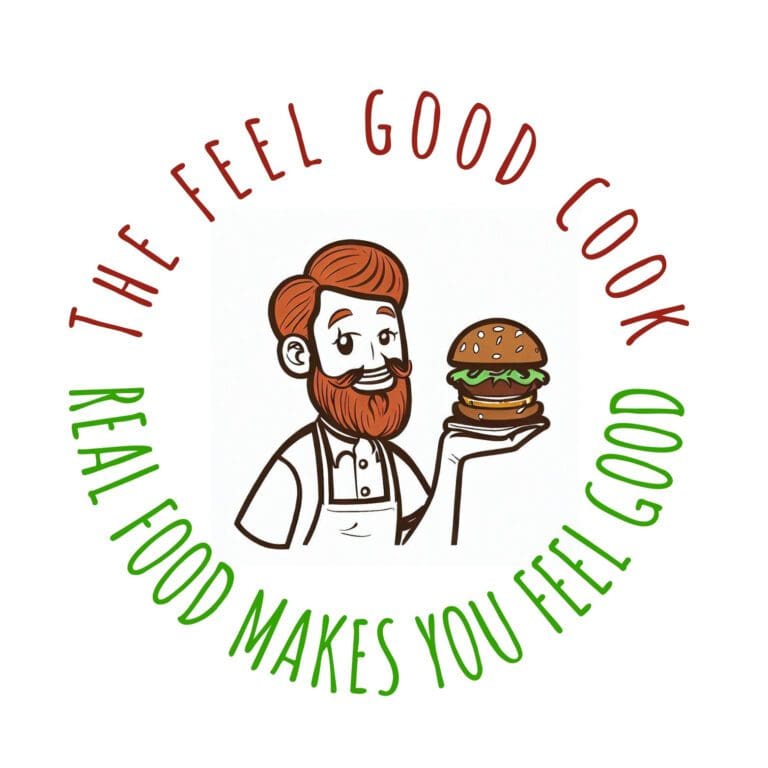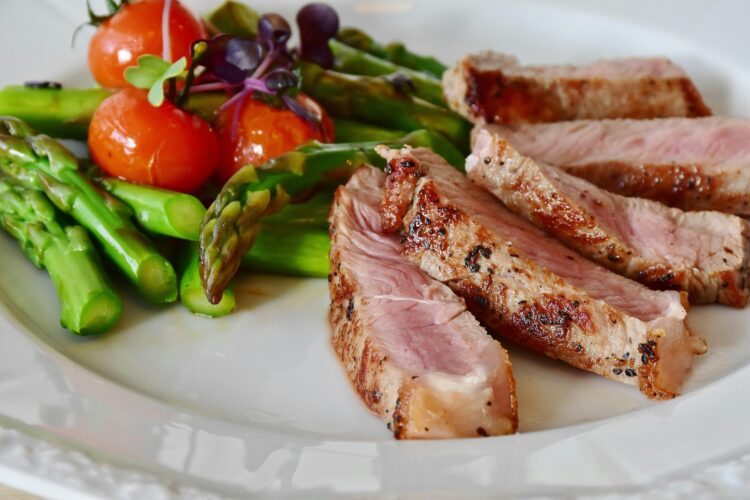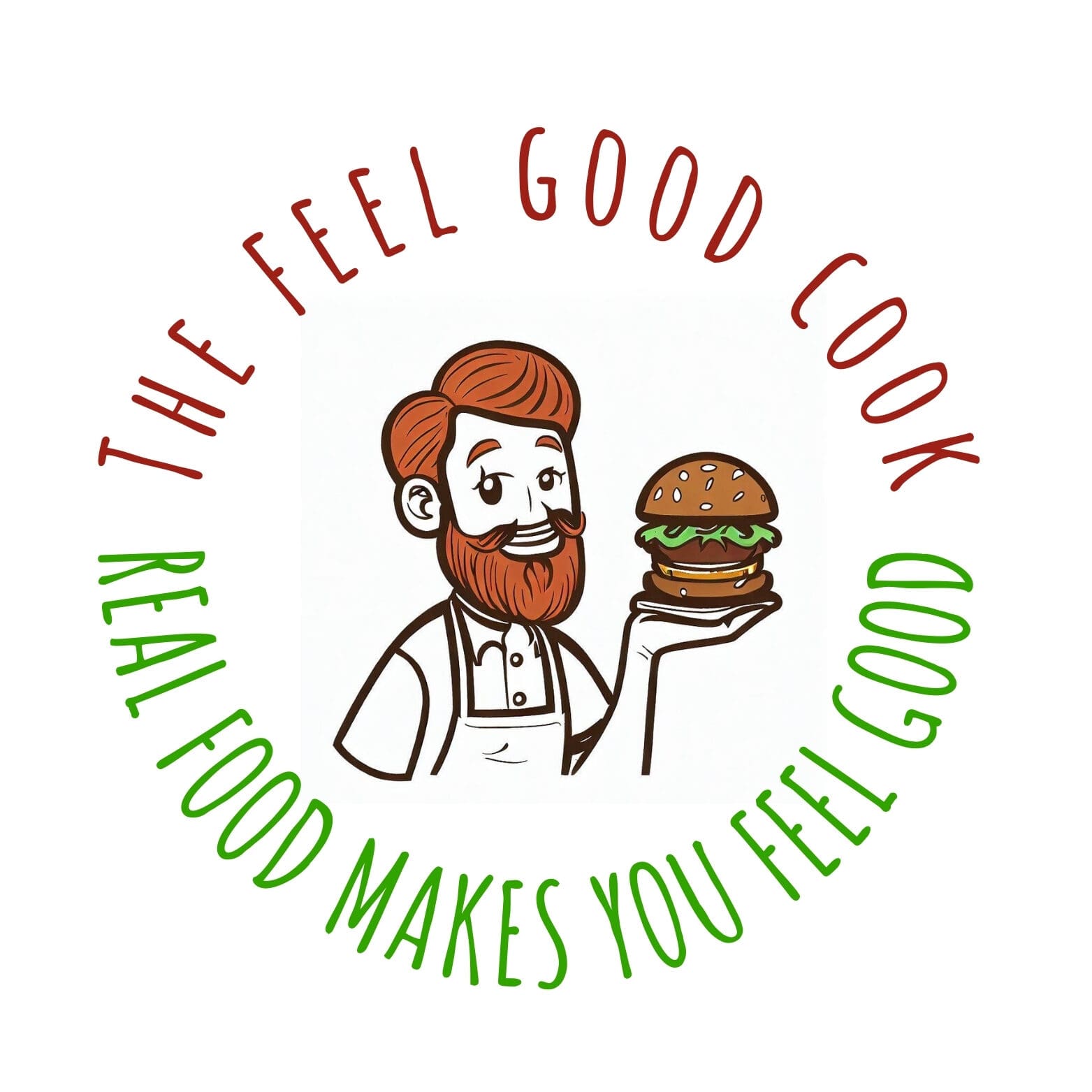Protein is often called the building block of life, and for good reason. It plays a fundamental role in everything from muscle repair to immune function and even hormone production. Whether you’re trying to build muscle, lose weight, or simply maintain a healthy lifestyle, getting enough protein is essential.
In this article, we’ll explore what protein is, why your body needs it, how much you should be eating, and the best sources to include in your diet. We’ll also break down common myths surrounding protein and discuss why it’s an essential nutrient for overall health.
What Is Protein and Why Is It Important?
Protein is a macronutrient made up of amino acids, which are the essential components needed for various functions in the body. There are 20 different amino acids, and nine of them are classified as essential, meaning the body cannot produce them on its own and must obtain them from food.
Protein is involved in virtually every bodily function, including:
- Muscle growth and repair
- Immune system function
- Enzyme and hormone production
- Skin, hair, and nail health
- Tissue repair and wound healing
- Transporting oxygen and nutrients in the blood
Without enough protein, the body struggles to maintain these critical functions, leading to potential health issues such as muscle loss, weakened immunity, fatigue, and poor recovery from injury.
How Much Protein Do You Need?

Protein needs vary depending on factors such as age, weight, activity level, and health goals.
Here are the general Recommended Daily Allowance (RDA) for protein intake:
- Sedentary Adults: 0.8 grams per kilogram of body weight (g/kg) (or about 0.36 grams per pound)
- Active Individuals: 1.2–2.0 g/kg
- Athletes & Strength Trainers: 1.6–2.2 g/kg
- Older Adults: 1.0–1.2 g/kg to maintain muscle mass and prevent sarcopenia (age-related muscle loss)
For example, if you weigh 70 kg (154 lbs) and have a moderate activity level, you may need around 90–110 grams of protein per day to support muscle repair, energy, and recovery.
Many people underestimate how much protein they actually need, and without adequate intake, the body will break down muscle tissue to meet its needs.
Best Protein Sources
Protein comes from both animal-based and plant-based foods. Each type has unique benefits, and a balanced diet can incorporate both.
Animal-Based Protein Sources
- Chicken breast – High in lean protein and low in fat
- Eggs – A complete protein with all essential amino acids
- Fish (salmon, tuna, cod) – Rich in protein and heart-healthy omega-3 fatty acids
- Greek yogurt – High in protein, probiotics, and calcium
- Lean beef – Packed with protein, iron, and B vitamins
- Cottage cheese – A slow-digesting protein great for muscle recovery
Plant-Based Protein Sources
- Lentils and chickpeas – Great fibre and protein content
- Tofu and tempeh – Excellent soy-based complete proteins
- Quinoa – A rare plant food with all nine essential amino acids
- Nuts and seeds (almonds, pumpkin seeds, chia seeds) – Rich in protein and healthy fats
- Beans (black beans, kidney beans, edamame) – Great source of protein and fibre
For those following a vegetarian or vegan diet, it’s important to combine plant-based proteins to ensure you’re getting all essential amino acids.
Protein and Muscle Growth
Protein is crucial for muscle building and recovery. When you engage in strength training or resistance exercises, your muscles undergo small tears that need to be repaired. This repair process relies on protein to rebuild stronger and more resilient muscle fibres.
After a workout, consuming protein-rich foods stimulates muscle protein synthesis (MPS), which helps with muscle repair and growth. The ideal time to consume protein is within 30–60 minutes post-workout, often called the “anabolic window”.
Some of the best post-workout protein options include:
- A protein shake with whey or plant-based protein powder
- Grilled chicken with quinoa and vegetables
- Greek yogurt with nuts and honey
If you’re aiming for muscle gain, eating enough total daily protein is more important than timing. Consistently meeting your protein target throughout the day will ensure optimal recovery and muscle growth.
Protein for Weight Loss
Protein is one of the most effective nutrients for weight loss. Here’s why:
- Increases Fullness & Reduces Hunger
- Protein keeps you full for longer by reducing ghrelin, the hormone responsible for hunger, while increasing peptide YY, a hormone that makes you feel satisfied.
- Boosts Metabolism & Fat Burning
- Protein has a higher thermic effect compared to carbs and fats, meaning your body burns more calories digesting and processing protein.
- Preserves Lean Muscle During Fat Loss
- When losing weight, the goal is to lose fat, not muscle. Higher protein intake preserves muscle mass while burning fat.
Studies show that people who eat high-protein diets tend to naturally consume fewer calories throughout the day, leading to sustainable weight loss without feeling deprived.
If you’re trying to lose weight, aim for 1.6–2.2 g/kg of protein daily and combine it with strength training to maintain muscle while shedding fat.
Protein Myths Debunked
There are many misconceptions about protein that prevent people from consuming enough. Let’s clear up a few of the most common myths.
Myth #1: Too Much Protein is Bad for Your Kidneys
Healthy individuals have no issues processing high-protein diets. The concern about protein harming kidneys only applies to those with pre-existing kidney disease.
Myth #2: You Can’t Get Enough Protein on a Vegan Diet
A well-planned vegan diet can provide adequate protein through foods like lentils, tofu, quinoa, beans, and nuts. Combining plant proteins ensures all essential amino acids are met.
Myth #3: Protein Only Matters for Athletes
Everyone needs protein—not just bodybuilders! Protein supports immune function, metabolism, and muscle preservation, making it essential for all lifestyles.
The Importance of Protein as You Age
As you get older, muscle loss (sarcopenia) becomes a concern. This condition leads to weaker muscles, reduced mobility, and higher risk of falls.
To prevent muscle loss:
- Increase protein intake (1.2–1.5 g/kg for older adults)
- Engage in strength training to maintain muscle mass
- Eat protein-rich meals evenly throughout the day
Older adults who consistently eat higher protein diets experience better mobility, stronger bones, and improved quality of life.
Final Thoughts: Prioritizing Protein for a Healthy Life
Protein is an essential nutrient that impacts nearly every function in your body. Whether your goal is muscle growth, fat loss, or overall health, consuming enough protein should be a priority.
By incorporating a variety of high-quality protein sources, staying consistent with your intake, and combining it with exercise, you’ll set yourself up for better energy, improved metabolism, and long-term wellness.
Make sure to include protein-rich foods in every meal, and don’t fall for the myths that discourage people from getting enough of this vital macronutrient.
Want to start adding more protein to your diet? Check out my high-protein recipes on the blog to fuel your health journey!


